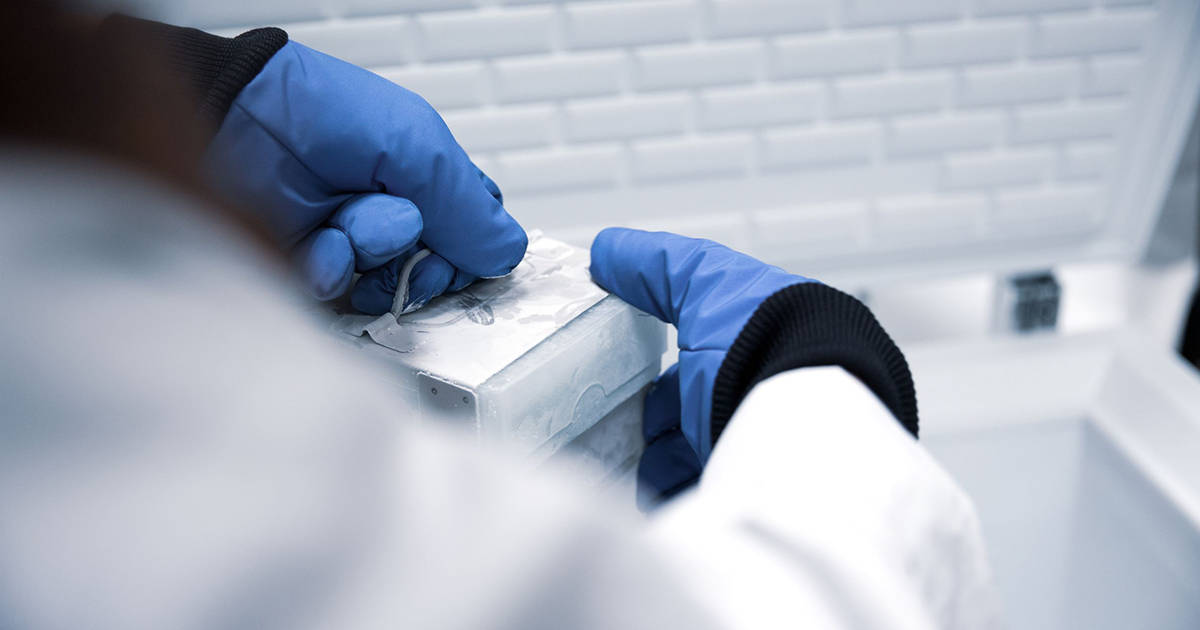In the January issue of The Journal of Nutrition, a group of scientists from Tufts University and Rush University in the USA shows how samples of brain tissue undergo changes in the vitamin D and menaquinone-4 levels when stored for more than 6 years at -80°C.
In the study the group of scientists demonstrate how “25(OH)D3 and MK4 appear to be stable in brain tissue from older adults stored at -80°C for up to 6 and 9 years, respectively, but not longer. Freezer storage time should be considered in the design and interpretation of studies using archived brain tissue.” Even though this study only tested brain tissue it stands to reason that this also affects other tissue types though the time, where the tissue will be stable can be different for different tissue samples.
The quality of tissue samples, used for later analyses, is an important factor and depends on the collection and preservation of samples prior to analysis. Ideally, samples are frozen immediately upon collection, but if samples are collected in the field, suitable preservation methods might be limited due to the unavailability of resources. This means that if you need to keep tissue samples completely intact – or as intact as possible – you need to store your samples at cryogenic temperatures meaning -150-170°C whenever possible.
Here at ARCTIKO, we recommend that tissue samples are stored in one of our excellent cryo freezers with dual cooling systems for long-time storage of samples and our -86°C ULUF or ULTF freezers for the duration of the study combined with our unique compact -86°C freezers in the laboratory itself.

 Fast Delivery
Fast Delivery  Global Compliance
Global Compliance  Long Term Support
Long Term Support